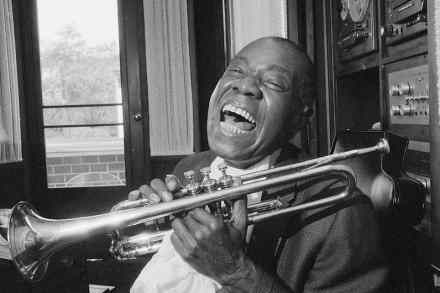Chloë Ashby: Colours of Art
39 min listen
My guest in this week’s Book Club podcast is the critic, novelist and art historian Chloë Ashby. In her new book Colours of Art: The Story of Art in 80 Palettes she takes a look at how the history of colour – how it was made, how much it cost, what it was understood to mean – has shaped the history of painting. She tells me about the age-old disagreement between the primacy of drawing and colour in composition, where Goethe and Gauguin butted heads with Newton, why Matisse was so excited by red, how Titian got blurry… and how the first female nude self-portrait was, astonishingly, as recent as





















